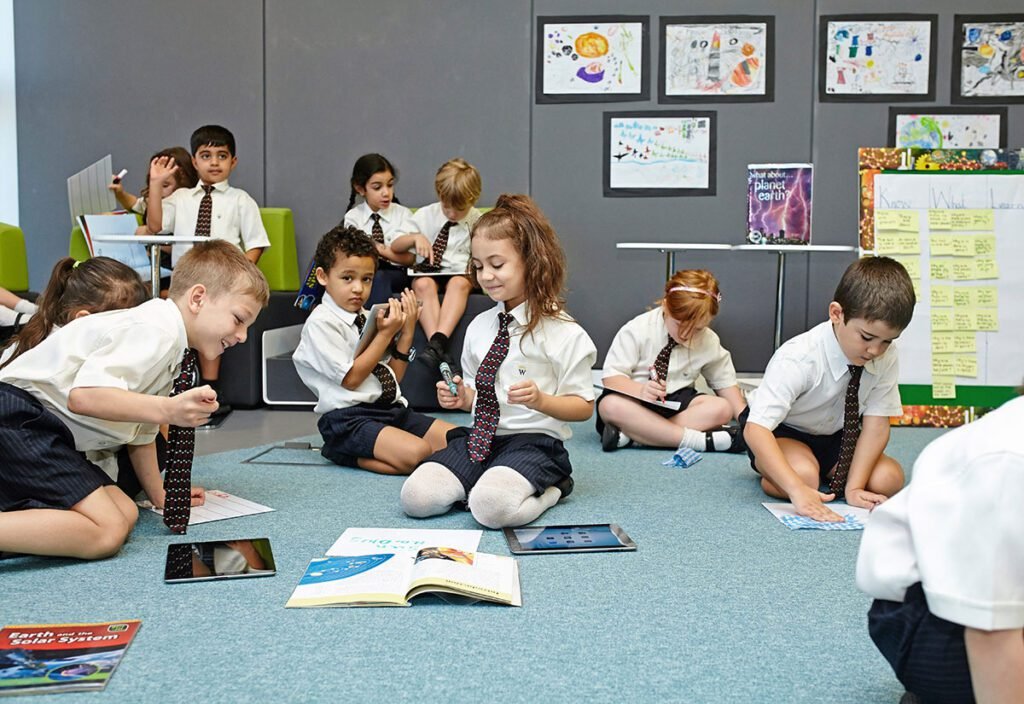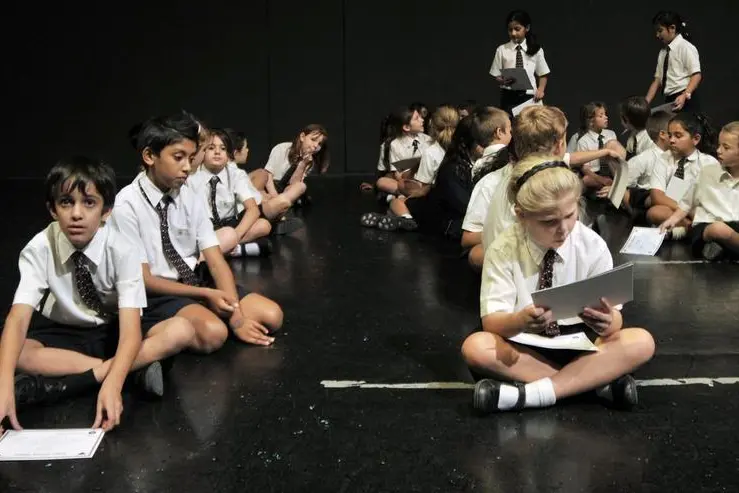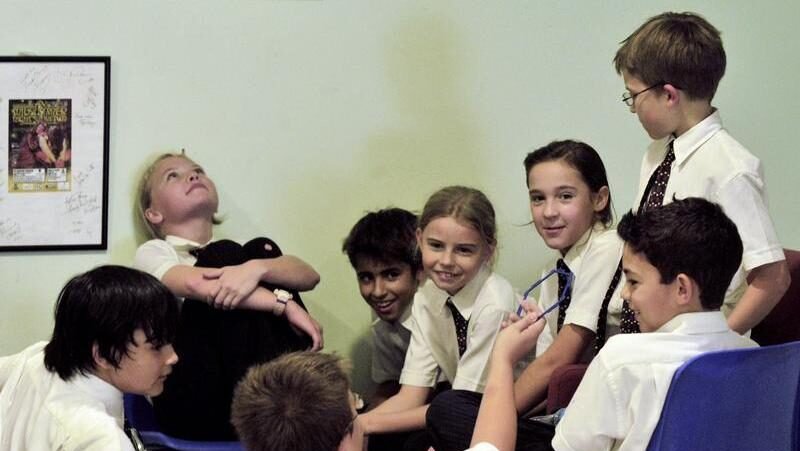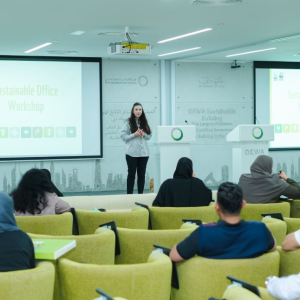In a recent decision that has sparked a lot of discussions among parents and educators, Abu Dhabi schools can now withhold student certificates if tuition fees remain unpaid. This new rule, announced by the Abu Dhabi Department of Education and Knowledge (ADEK), is meant to encourage timely payment of school fees and ensure the financial stability of private schools. However, it also raises important questions about students’ rights and the impact on their future.
This article explores the new policy in detail — what it means, why it was introduced, how it affects families, and what experts and parents have to say about it.
Why did Abu Dhabi introduce this new rule?
Abu Dhabi is home to a large number of private schools, serving both Emirati and expatriate communities. These schools rely heavily on tuition fees to maintain operations, pay staff, improve facilities, and provide quality education.

In recent years, some schools have reported increasing issues with unpaid fees. When fees are not paid on time, schools face difficulties in paying teachers, maintaining facilities, and even continuing day-to-day activities.
The Abu Dhabi Department of Education and Knowledge (ADEK) introduced this rule as a way to protect schools’ financial health and ensure that they can continue offering high-quality education. By giving schools the legal right to hold certificates until fees are paid, the authorities believe it will motivate parents to fulfill their financial responsibilities more seriously.

What exactly does the rule say?
The rule states that private schools in Abu Dhabi can withhold official academic certificates and other important documents from students whose tuition fees remain unpaid.
Certificates are crucial for students to move to the next grade, apply to other schools, or enroll in universities. Without these certificates, students’ educational progress can be delayed significantly.
According to ADEK, schools must inform parents clearly about this policy in advance. They should also make efforts to discuss payment options and provide flexible payment plans before resorting to withholding certificates.
How will this impact students and families?
Impact on students
The most immediate impact will be on students nearing graduation or those needing certificates to transfer to other schools or higher education. Without their final certificates, these students could miss out on university admissions deadlines or face delays in their studies.
It can also have an emotional and psychological impact. Students might feel stressed or embarrassed knowing that their certificates are being withheld due to financial issues at home.
Impact on parents
For many parents, school fees are already a major financial burden. In Abu Dhabi, private school fees can range from a few thousand dirhams to over AED 100,000 per year, depending on the school and grade level.
This new rule adds further pressure on families to pay on time. Parents who are already struggling may find themselves in a difficult position, having to choose between paying school fees and meeting other essential expenses.
Possible support and flexibility for parents

While the rule may seem harsh, ADEK has emphasized that schools should first try to work with parents to find solutions before withholding certificates.
Some possible support measures include:
- Flexible payment plans: Allowing parents to pay in smaller installments over a longer period.
- Fee waivers or reductions: In rare cases, schools may consider partial waivers for families facing extreme hardship.
- Financial aid programs: Some schools have funds or scholarship options that can help families in need.
ADEK encourages parents to reach out to school administrators as early as possible if they anticipate difficulty in paying fees. Transparent communication can help prevent last-minute surprises and avoid withholding certificates.
Reaction from parents
Parents’ reactions to this new rule have been mixed.
Some parents support the rule, arguing that it is only fair for schools to protect their financial interests. They believe that without strong measures, some families might continue to ignore their fee obligations, impacting the school community as a whole.
However, many other parents feel that this policy punishes students for issues that are beyond their control. They argue that children should not suffer consequences that could affect their entire educational future because of financial problems at home.
One parent shared,
“My son worked hard to get good grades. Holding his certificate back because I lost my job during a crisis is not fair to him.”
These strong emotions highlight the delicate balance between ensuring financial stability for schools and protecting children’s right to education.
What do education experts say?
Educational experts are also divided on this issue.
Some support the policy, saying that schools need tools to ensure they can operate smoothly. They argue that withholding certificates is a last resort and that schools will usually exhaust all other options before taking this step.
On the other hand, some experts worry that the rule might widen inequality. Families with lower incomes might be disproportionately affected, and students from such families may fall behind academically.
Dr. Sara Al Amiri, an education consultant based in the UAE, commented,
“It is crucial to consider both sides. While schools need to be financially healthy, we also need to ensure that no student’s future is unfairly jeopardized.”
Legal perspective
From a legal standpoint, this new rule formalizes what some schools were already practicing informally. With official backing from ADEK, schools now have clear guidelines on how and when they can withhold certificates.
However, legal experts caution that schools must still respect students’ rights and avoid practices that might be considered exploitative. Parents who feel they have been treated unfairly can file complaints with ADEK, which has promised to review cases on an individual basis.
How does this compare internationally?
The idea of withholding certificates for unpaid fees is not entirely new. Similar policies exist in some other countries, although they remain controversial.
- United States: Some private schools withhold transcripts or diplomas if tuition remains unpaid.
- India: Certain private schools refuse to release transfer certificates until dues are cleared.
- Philippines: Private schools can bar students from receiving report cards if fees are not settled.
However, in many countries, strong criticism has led to these policies being softened or removed to protect children’s right to education.
Possible alternatives to withholding certificates

Some experts suggest alternative approaches that balance school interests with student welfare:
- Government-backed school fee insurance schemes: This would cover unpaid fees in special cases, reducing pressure on both parents and schools.
- Stronger financial aid programs: Schools could develop more robust aid or scholarship options for needy families.
- Parent-school mediation panels: Before drastic actions, a formal mediation process could help find solutions.
Practical advice for parents
If you are a parent worried about this new rule, here are some steps you can take:
- Understand your school’s policy: Read all communication from the school carefully, especially about fees and consequences of non-payment.
- Communicate early: If you face financial difficulties, inform the school as soon as possible to explore flexible arrangements.
- Keep records: Maintain clear documentation of all payments, agreements, and correspondences.
- Seek help: Consider talking to financial counselors, community support groups, or government helplines if you’re struggling.
The road ahead
As Abu Dhabi implements this new rule, it will be important to monitor its impact carefully. While it aims to help schools remain financially stable, authorities must also ensure that no student is unfairly left behind.
ADEK has promised to keep a close watch and step in if schools misuse this power. The department also encourages feedback from parents and has set up hotlines and email support to address concerns.
Conclusion
The decision that Abu Dhabi schools can now withhold certificates for unpaid fees marks a significant shift in the educational landscape of the emirate. While it seeks to address an important financial challenge faced by private schools, it also raises questions about fairness and children’s rights.
Ultimately, this rule highlights the importance of collaboration and open communication between parents and schools. For the policy to succeed without harming students, schools must show flexibility and compassion, while parents must do their part to meet financial commitments or seek help when needed.
As this new policy unfolds, it will serve as a case study not just for Abu Dhabi, but for other regions grappling with similar challenges. Striking a balance between financial sustainability and students’ educational rights will always remain a delicate, ongoing discussion.
Follow us on Instagram: UAE STORIES
Read More: Esports World Cup Saudi Arabia: Game On with a $70 Million Prize Pool












